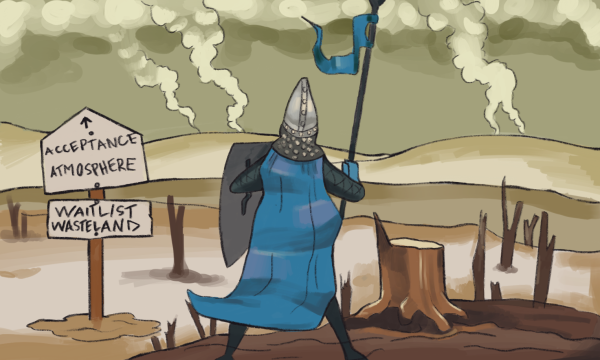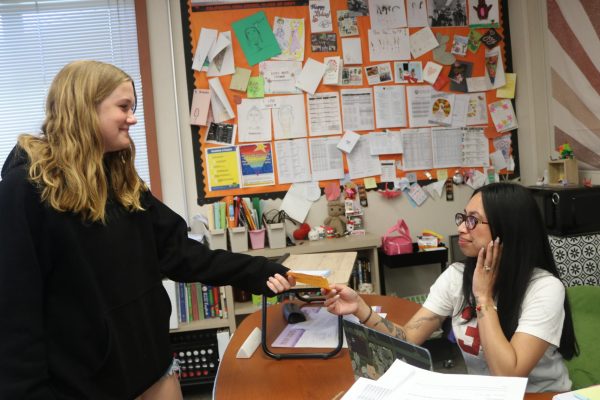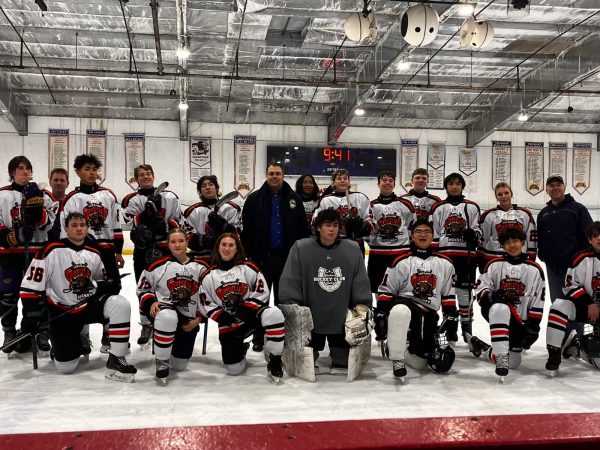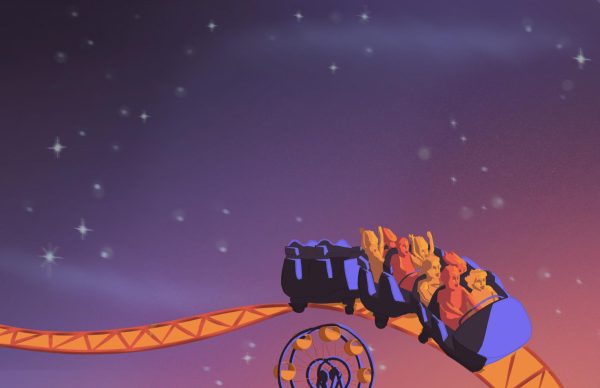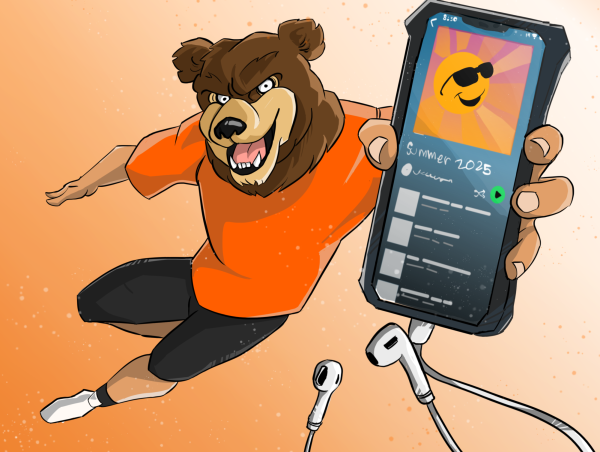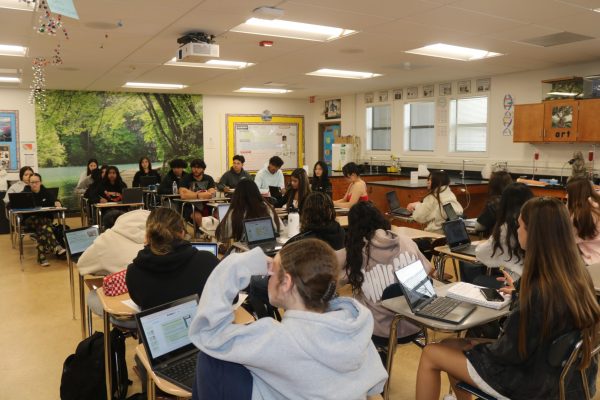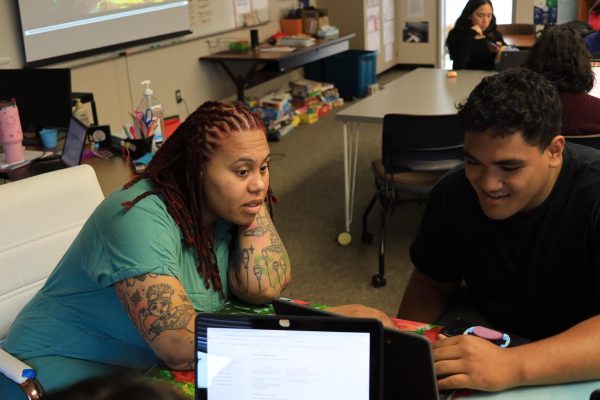Why the Capitol Hill riots matter to youth 3,000 miles away
Sophomore Ayaan Karan began his fourth-period class on Jan. 6 like any other: logging into class, muting his mic, and tuning out a rather boring lecture as he scrolled through Twitter.
But just a few minutes later, his Twitter notifications were bombarded with the news: rioters had breached the nation’s Capitol.
“I was shocked,” Karan said. “I honestly didn’t think anything like this could happen in my lifetime.”
Let’s take a step back.
To put it simply, 2020 was a resounding mess. As the clock struck midnight on New Years’ Day, the world breathed a sigh of relief, glad to leave the past behind and welcome 2021 with cautious optimism. And for five days, it really did seem like 2021 would usher in a new era.
But Lizzo was right: the truth does hurt.
On Jan. 6, news outlets and social media feeds were filled with images of weapons and Confederate flags as pro-Trump supporters stormed the Capitol Building. As Congress prepared to officially certify Joe Biden as the next president of the United States, rioters driven by false claims of voter fraud at Trump’s “Save America” rally stormed the Capitol, determined to disrupt the democratic process.
“I knew people weren’t happy with the election results and that they thought there was massive fraud,” sophomore Harshitha Palacharla said. “I didn’t think they would resort to violence and turn on the Capitol, which is pretty much a symbol of American democracy.”
Americans across the political spectrum were shocked by these events, but even in the midst of history, some found themselves thinking “Why should I care?”
In an era of constant political strife and unprecedented events happening every other day, some Americans, particularly the youth, are becoming increasingly desensitized to the impact that political issues have on them. Many students simply don’t know what to think.
“[Politics are] really stressful,” sophomore Tulan White said. “My family is pretty conservative so I hear a lot from the conservative side, but since I live here I also hear a lot from the liberal side and it’s kind of confusing.”
In the face of the events of the past year, students like White have struggled to find a political voice. Despite being equally appalled by the Capitol Hill riots, the anxiety and ambiguity that accompany politics are causing many of today’s youth to pull away from the atmosphere.
“There’s so much uncertainty when it comes to young people with everything that they see,” American Government teacher Tasneem Khan said. “A lot of young people are probably actually questioning the institute of democracy.”
But whether it is an indifference to politics or a lack of faith in the institution of government itself, the reality is that historic events such as the Capitol Hill riots transcend politics and affect every American.
“This was not just a reflection of politics,” San Ramon councilwoman Sabina Zafar said. “There was this underlying hate that was bubbling up. Clearly enough it was an act of white supremacy, and that is something which we should all care about.”
As distant as these riots may seem, the ideas that caused them are prevalent across the country, threatening to divide and harm communities. As Zafar explains, fear and violence exist everywhere, and people may be motivated to mirror the riots at the capital in their own hometowns.
“Supremacist behavior is very dangerous, something we all need to be aware of and know how to handle,” Zafar said. “Somebody is going to be inspired by the [riots], and you have to be vigilant, even if you’re not political.”
Many students have also recognized the potential repercussions of the riots on every American.
“The place that makes our laws was literally invaded,” Karan said. “If something [worse] had happened that night, things like freedom of speech could be gone.”
In the wake of the riots and the solemn presidential inauguration that took place just two weeks later, several Cal students have taken the opportunity to reflect on their own political stances.
Palacharla believes that witnessing these riots gives the youth the opportunity to see what political strife looks like and develop their own political understanding.
“We’re in a very political environment right now,” Palacharla said. “Only if you understand the politics and the mindsets behind it, can you understand why these riots happened and why you should care about them.”
Even from 3,000 miles away, the Capitol riots and the underlying ideologies of white supremacy and violence reach every corner of America, including San Ramon and its youth. Although it may feel that young people don’t have a voice in American politics, no one is too young to make a difference.
“[School clubs] and city [platforms] are a way to understand what happens at the local level,” Zafar said. “There are so many different campaigns, all the way from the school board to Congress and you can always find one of those to engage with.”
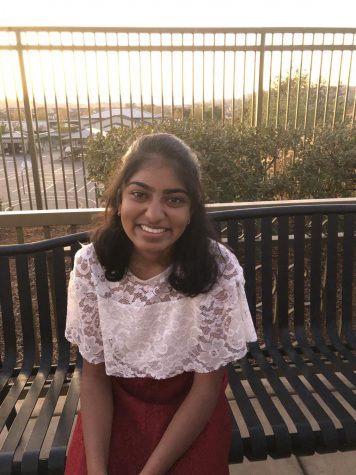
Ridhi Goyal is a first-year reporter for The Californian and a sophomore at California High School in San Ramon, where she has lived for 9 years. She found...
